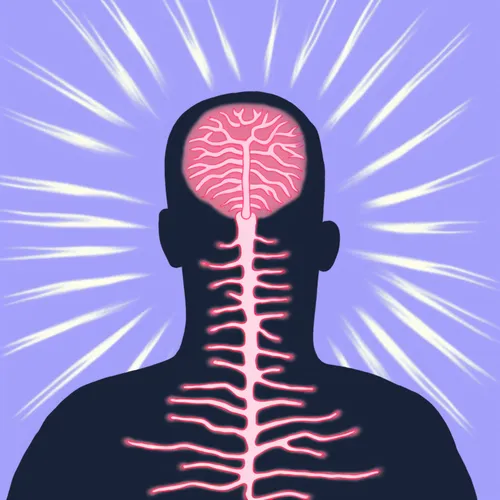Getting Help for Chronic Pain in the UK
Chronic pain affects around 28 million adults in the UK. While pain medications can help manage symptoms, there are many other resources available to improve quality of life. This article will discuss ways to get help for chronic pain through pharmacies, general practitioners, support groups, pain clinics and management programs.
Consult Your Pharmacist
As community health experts, pharmacists can provide personalized guidance on pain management. They offer assessments to help identify the source of pain and create action plans with achievable goals. Pharmacies provide a convenient first stop to get advice and over-the-counter recommendations tailored to your needs.
Pharmacist Consultations
When meeting with a pharmacist, be prepared to explain your symptoms and medical history in detail. Bring a list of all prescription and over-the-counter medications you currently take to check for interactions. Pharmacists can provide advice on using analgesia correctly to maximise pain relief. They may recommend trying heat pads, ice packs or topical treatments for temporary relief as well. Pharmacists can also check if you qualify for free prescriptions due to health conditions or income level. Take advantage of their expertise in medication management tailored to your situation.
See Your General Practitioner
Schedule an appointment with your GP to discuss persistent pain. They will examine you and review your medical history in detail to determine the underlying cause. Be prepared to describe your symptoms, pinpoint areas of pain, and explain how it impacts your daily life. If appropriate, your GP may suggest gentle exercises or refer you to a specialist.
Preparing for Your GP Appointment
Waiting weeks or months to see a GP can be frustrating when you are in constant pain. Make the most of your limited consultation time by being organised and focused. Here are some tips to prepare:
- Note when pain started, activities that aggravate it and anything that provides relief
- List how pain impacts sleep, mood, daily functions and quality of life
- Bring all medications and supplements to review
- Compile medical records and test results from other doctors
- Outline any stressors or mood changes occurring when pain worsened
- Consider keeping a pain diary to identify triggers and patterns
- Make a list of questions and goals for the appointment
Providing clear and detailed information will assist your GP in making an accurate diagnosis and creating an effective treatment plan. Being an engaged and proactive patient can help ensure you get the care you need.
Reach Out to Support Groups
Many reputable organisations offer self-help resources for those living with chronic pain:
Charities focused on specific conditions like arthritis also provide targeted support. Connecting with others experiencing similar struggles can provide validation and ideas for better coping.
Online Forums
In addition to charity run support groups, people living with chronic pain often benefit from connecting with others through online forums and social media groups. This is not without its pitfalls though, so be careful which groups you join. A reputable support group is needed if you are to avoid misinformation and internet nonsense!
When you do find a good group, anonymously sharing experiences and advice in a judgment-free environment provides validation and hope. Seeing how others cope with flares or setbacks can help you feel less alone. Always check group rules and talk to your doctor before drastically changing your treatment protocol based on unverified advice. Use online communities as supplemental support rather than a replacement for professional healthcare.
Get Referral to a Pain Clinic
Ask your GP for a referral to a specialised pain clinic if your symptoms are difficult to control. These clinics can provide diverse treatment approaches:
- Medications
- Pain relief injections
- Manual therapy
- Exercise
- TENS therapy
- Complementary treatments
- Psychological therapy
Multidisciplinary clinics develop personalised pain management plans.
Participate in a Pain Management Program
Some pain clinics offer structured programs aiming to improve functioning and quality of life. These sessions teach practical skills like:
- Gentle aerobic exercise
- Relaxation techniques
- Mindfulness training
- Pacing activities to avoid flare-ups
- Managing emotions related to chronic pain
- Group support
Learning self-management strategies with support from professionals can be extremely helpful.
While living with constant pain presents challenges, there are many resources available in the UK healthcare system. Seeking help through pharmacies, general practitioners, support groups, pain clinics and structured programs can improve pain control and daily functioning. Don’t hesitate to reach out – you don’t have to tackle chronic pain alone.
Photo “Chronic Pain” by Anthony Cunningham for Zoom Health
Zoom Health is a leading UK supplier of Home Health Tests and Earplugs





